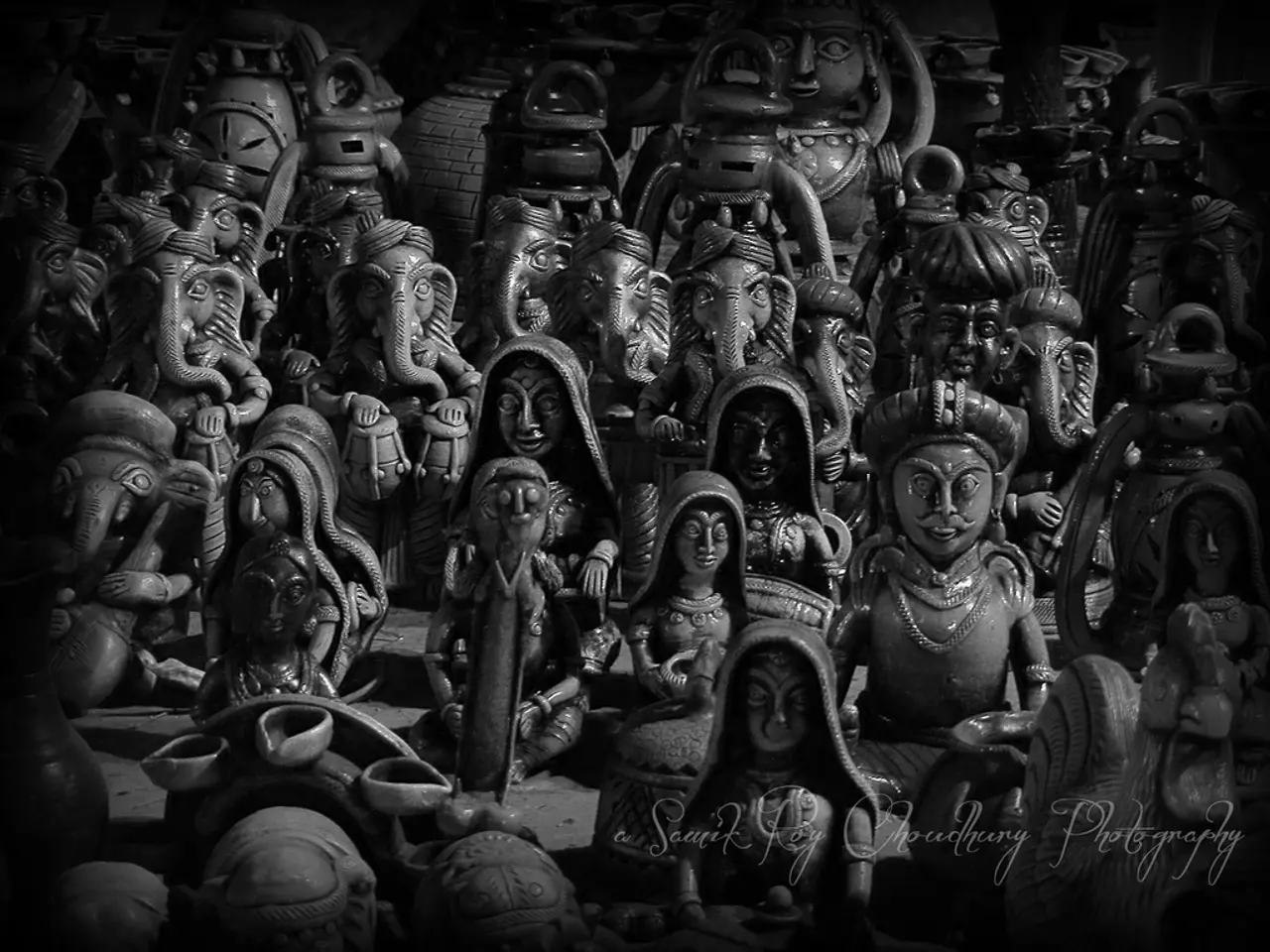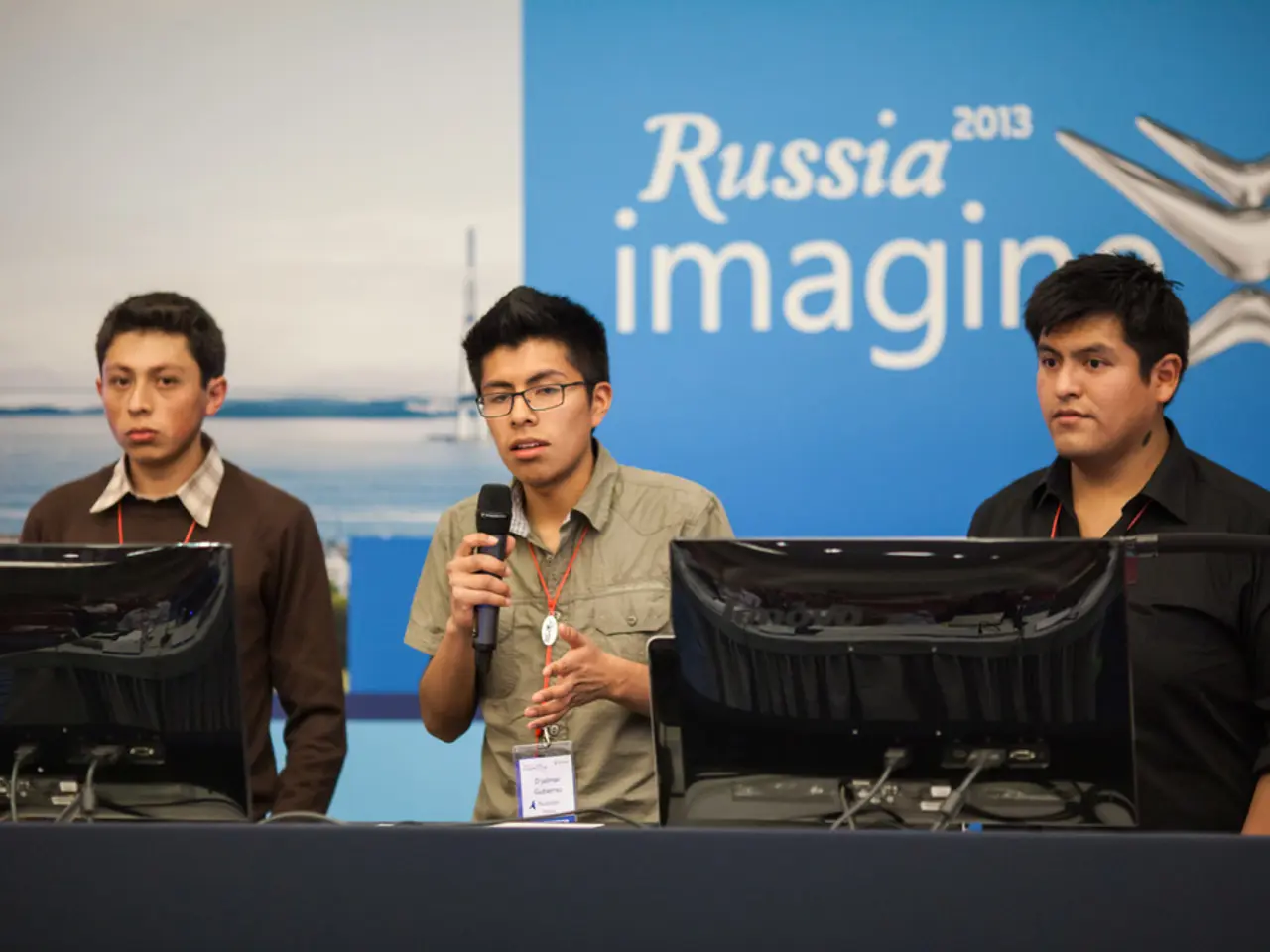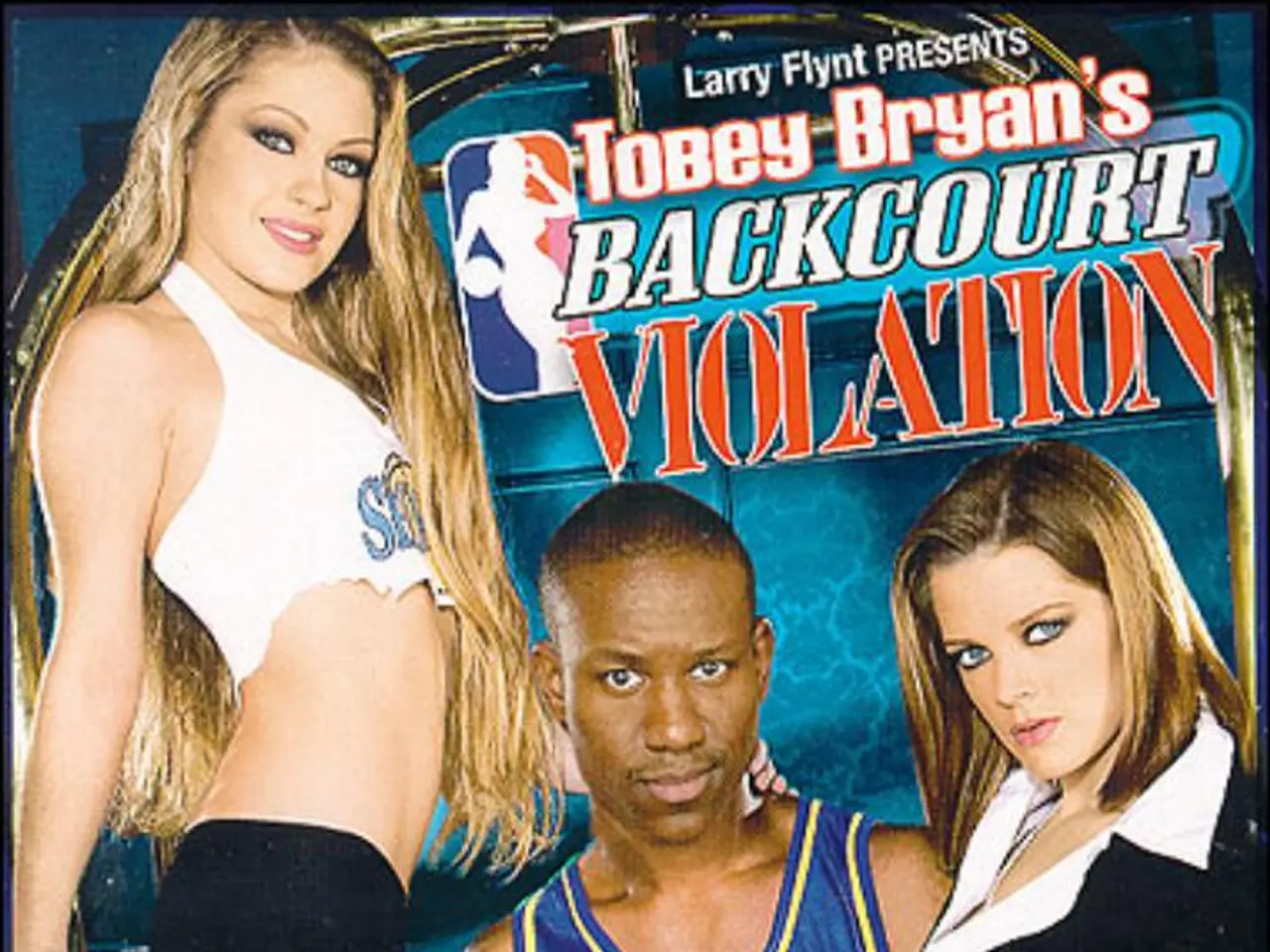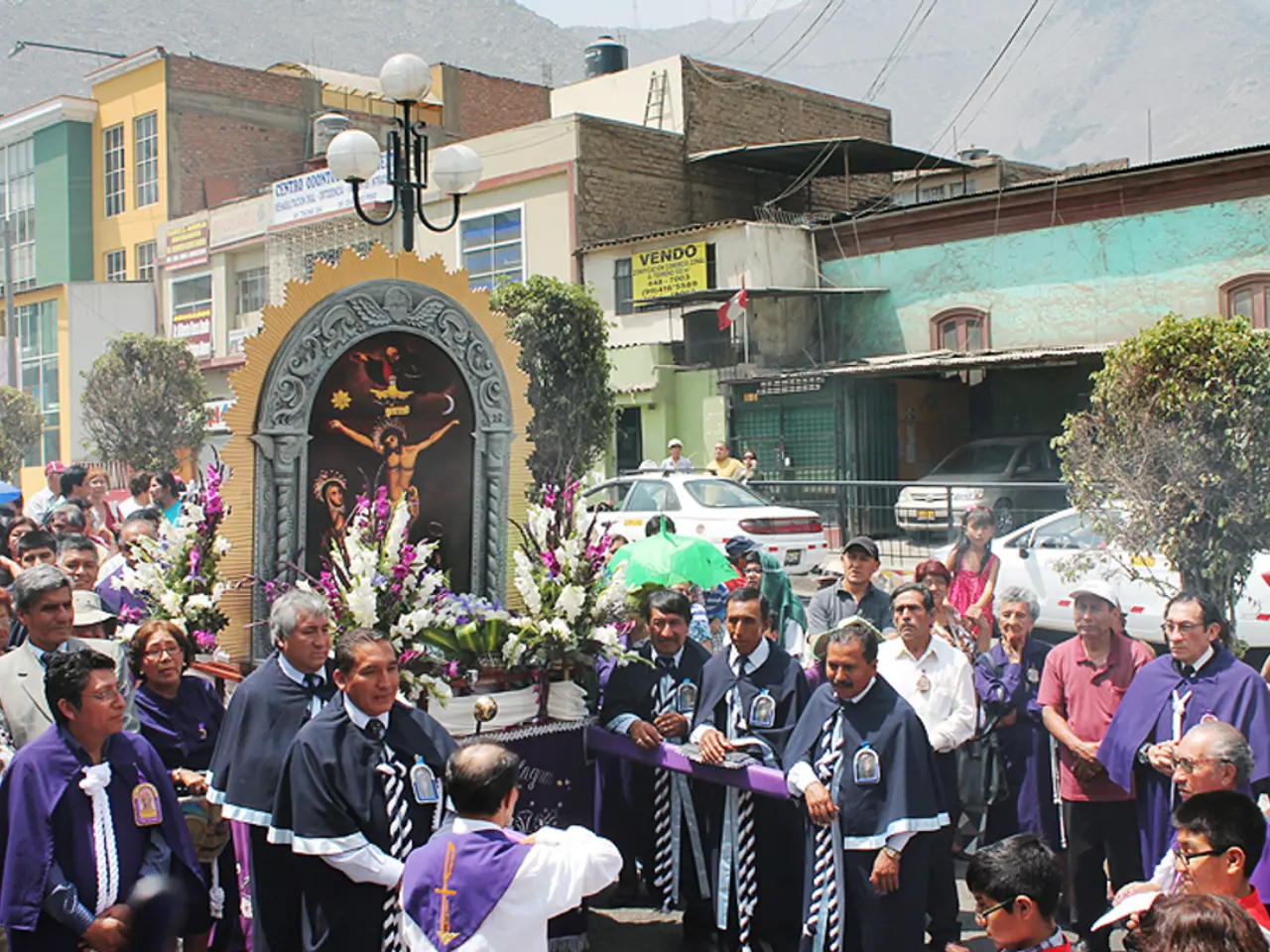Every Durga Puja Committee to Receive Rs 1.10 Lakhs in 2023 according to Didi; BJP Criticizes as Frivolous Spending
In a significant move, West Bengal Chief Minister Mamata Banerjee has announced an increase in funding for Durga Puja committees, providing each registered committee a grant of ₹1.10 lakh from the state government in 2025 [1][2][3]. This decision marks a substantial boost in financial support, with the total allocation amounting to nearly ₹495 crore, covering approximately 45,000 pandals (Durga Puja venues) across the state.
The announcement has been met with a mix of reactions. While the decision has garnered popular support among organizers, it has also drawn criticism from political opponents such as the BJP [3][4]. The party's state president, Sameek Bhattacharya, has criticized the use of taxpayers' money to support a religious festival, arguing that it blurs the lines between state and religion and raises concerns about secularism and the appropriate use of public funds.
Critics question whether government funds should be directly or indirectly allocated to religious events. However, supporters of the decision highlight the cultural importance of Durga Puja—recognized by UNESCO as intangible cultural heritage—and its role in Bengal's social fabric and tourism. They argue that the increased aid will bring joy to the festival.
The increased aid represents a significant annual expenditure of nearly ₹500 crore. Some opponents caution that such large direct government funding could strain the state budget and set a precedent of state involvement in religious affairs. The government, however, emphasizes coordination and support to ensure smooth conduct of the festival, including maintaining order, health, and infrastructure services during the celebrations [1][2].
At a preparatory meeting in Netaji Indoor Stadium, Mamata Banerjee announced the increased aid for Durga Puja organizers and also waived all government fees, including fire brigade fees [5]. The opposition has criticized this decision, with Bhattacharya accusing Banerjee of sponsoring pujas with taxpayers' money.
In addition, the puja committees will receive a rebate of 80% on their electricity bills [6]. The West Bengal Assembly Election is scheduled for 2026, and the impact of this decision on the political landscape remains to be seen.
Sameek Bhattacharya, in a statement, asserted that Durga Puja will happen regardless of the funds provided by the government [7]. Despite the criticism, Mamata Banerjee's announcement at the meeting received a huge round of applause [8]. The West Bengal government's decision to increase the aid for Durga Puja has not been met with universal approval, as the opposition has criticized it.
It is important to note that this news article does not provide details about the minister who was caught playing rummy, and the opposition's criticism regarding this matter is not directly related to the increased aid for Durga Puja.
In summary, Mamata Banerjee's increased Durga Puja funding has significantly boosted the financial allocation to each Puja committee, drawing both popular support and political criticism. The West Bengal Assembly Election is scheduled for 2026, and the impact of this decision on the political landscape remains to be seen.
The West Bengal government's decision to increase funding for Durga Puja committees, a significant policy-and-legislation move, has sparked debates in West Bengal's politics, particularly with the BJP party questioning the use of public funds for religious events. The general news surrounding this decision also raises questions about the appropriate use of public funds and the blurring lines between state and religion.








